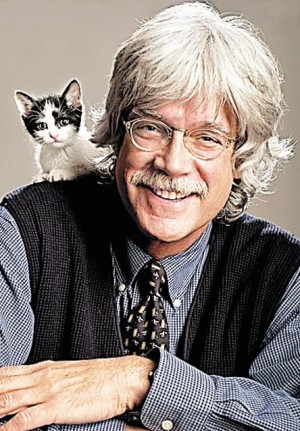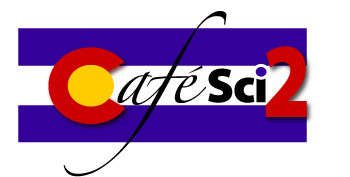|
 Kevin T. Fitzgerald, PhD, DVM,
is a Diplomate of the American Board of Veterinary Practitioners, and is
certified in Canine and Feline Practice.
A Colorado native, Kevin Fitzgerald did his undergraduate work at The University of Colorado in Boulder. After receiving a master's degree and PhD in endocrinology, he went on to complete his DVM at Colorado State University in Fort Collins 1983. Since 1985, Dr Fitzgerald has been a staff veterinarian at Alameda East Veterinary Hospital, a busy 24-hour practice in Denver, Colorado. He is on the board of directors of the Rocky Mountain Poison Center, recently became board certified in canine and feline general practice and is one of the featured veterinarians on Animal Planet's popular television program Emergency Vets.
His hobbies include swimming and skiing, but his real love is stand-up comedy. Performing since 1986, he has appeared with such diverse acts as Sinbad, Betty White and Jeff Foxworthy. He believes that none of us laugh enough. Kevin T. Fitzgerald, PhD, DVM,
is a Diplomate of the American Board of Veterinary Practitioners, and is
certified in Canine and Feline Practice.
A Colorado native, Kevin Fitzgerald did his undergraduate work at The University of Colorado in Boulder. After receiving a master's degree and PhD in endocrinology, he went on to complete his DVM at Colorado State University in Fort Collins 1983. Since 1985, Dr Fitzgerald has been a staff veterinarian at Alameda East Veterinary Hospital, a busy 24-hour practice in Denver, Colorado. He is on the board of directors of the Rocky Mountain Poison Center, recently became board certified in canine and feline general practice and is one of the featured veterinarians on Animal Planet's popular television program Emergency Vets.
His hobbies include swimming and skiing, but his real love is stand-up comedy. Performing since 1986, he has appeared with such diverse acts as Sinbad, Betty White and Jeff Foxworthy. He believes that none of us laugh enough.
|
